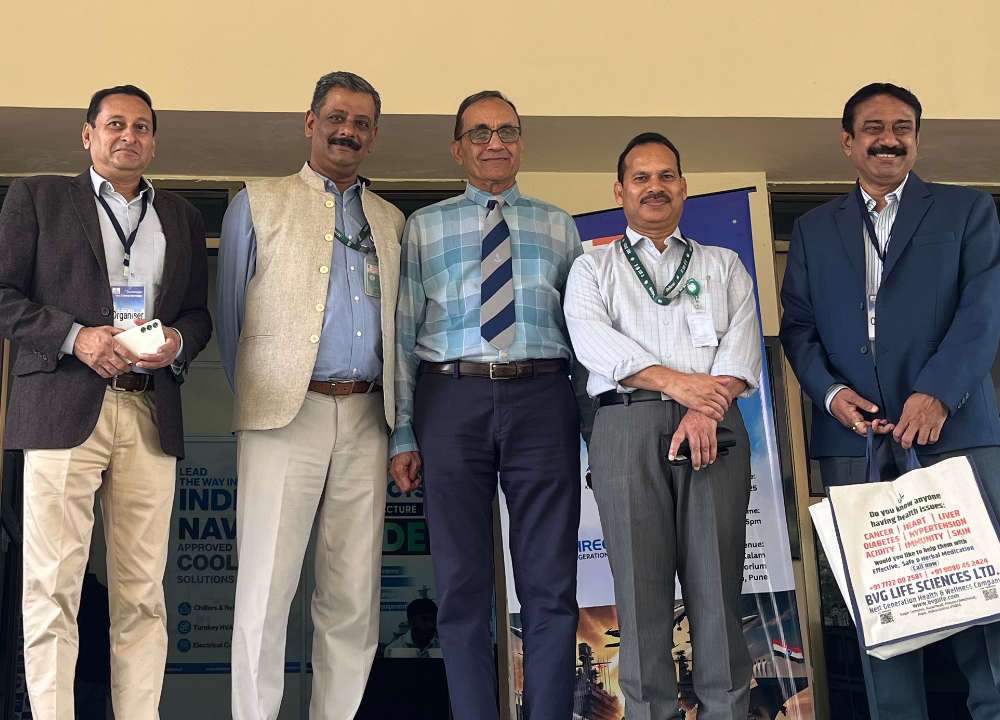In the first quarter of 2025, orders for machine tools in Italy increased by 8.5% compared to the final three months of 2024, according to data from the UCIMU-SISTEMI PER PRODURRE research office. The order index reached a value of 84.5 (base year 2021 = 100). This growth was entirely fueled by the domestic market, which saw a strong rebound, while international demand declined.
Domestic orders rose sharply—up 71.5% compared to the same quarter last year—reaching an index value of 94.5. In contrast, orders from abroad dropped by 18.2%, bringing the index for foreign markets down to 74.4.
Riccardo Rosa, President of UCIMU-SISTEMI PER PRODURRE, commented, “2025 has started with a positive trend in order volumes, a welcome change after the difficulties of 2024. It suggests that the near-term outlook is more promising—especially at home—although international conditions remain challenging.” He added that machine tool orders are expected to rise in early 2025, driven by domestic demand. However, foreign sales are down by 18.2%, while the local market surges by 71.5%.
He added, “This is the third quarter in a row that we’ve seen growth in the domestic market. The latest figures are particularly encouraging, bringing us closer to the average levels seen in 2021—a year that set a high benchmark for our industry.” According to Riccardo Rosa, the boost came in part from clearer guidelines related to the Transition 5.0 incentive. “Once companies understood how the measure worked, they moved forward with investment plans that had been on hold. There’s still strong demand for modern, sustainable production technologies in Italy,” he said, noting that LAMIERA, the industry trade show scheduled for May at fieramilano Rho, is already fully booked.
However, only a small portion of the funds earmarked for Transition 5.0—about 11% of the €6.3 billion available—has been tapped so far. “That shows the framework still isn’t as accessible as it should be. When a policy is easy to use, companies respond quickly. That was the case with Industry 4.0,” Rosa pointed out.
He also emphasised the need for clarity on the 4.0 tax credit “We’ve been waiting since January for concrete guidelines. Knowing how much of the €2.2 billion ceiling is truly available would help businesses plan and move faster. Without this clarity, there’s a real risk that companies won’t have time to complete production in time to benefit from the support.”
Looking ahead, Riccardo Rosa proposed a new plan: “We need to explore a solution—compliant with EU rules—to reallocate unused funds from current incentives into a new support scheme for the 2026–2028 period, continuing along the Industry 4.0 and 5.0 roadmap.”
While domestic momentum is building, the situation abroad remains unstable. “Global uncertainty is at a high. Two wars near Europe, political and economic fragility within the EU, and growing turbulence in the U.S.—including the potential return of Trump and his unpredictable trade stances—are all creating instability,” said Riccardo Rosa. “Businesses need to prepare for a more volatile global market.”
He stressed the importance of market diversification: “We can’t rely too heavily on any single region. The U.S. remains our top export destination, followed by Germany, China, France, and Turkey. But we’re actively looking toward India, Mexico, and South America as future growth areas.”
UCIMU supports this strategy through initiatives such as the Oficina Italiana de Promoción México, Desk India in Mumbai, Desk China in Beijing, and networks in India and Vietnam. These efforts are designed to help member companies enter high-potential markets, with exploratory missions to the Balkans also planned.
Riccardo Rosa concluded with an appeal to policymakers, “We need long-term industrial policies that strengthen our competitiveness. And we call on our representatives in Brussels to advocate for a strong, united Europe—one that can engage constructively with the U.S. and safeguard global trade and security.”








